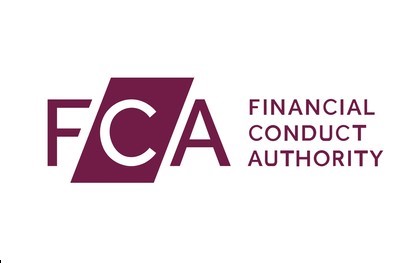University and College Union (UCU) members at 150 universities could take strike action over changes to the Universities Superannuation Scheme (USS), after the union secured an 'unprecedented' mandate.
The union's recent ballot secured a 60.2 per cent turnout, above the 50 per cent threshold required, with 84.9 per cent of those who voted backing strike action, while a further 90 per cent voted for action short of strike action.
The UCU confirmed that it now has a mandate to deliver strike action at “practically” every university in the UK, calling on vice chancellors to enter negotiations immediately and make improved offers “in order to avoid disruption”.
The union demanded employers revoke changes made to the USS scheme earlier this year, raising particular concerns that this could result in a 35 per cent cut to members' defined benefit (DB) pension.
UCU’s calls have been heightened since the scheme reported improvements in its funding position, with figures from the scheme trustee revealing that the scheme has shifted from the £14.1bn deficit at the last valuation in March 2020, to a £1.8bn surplus as at 30 June 2022.
UCU general secretary, Jo Grady, commented: “Today history has been made by our members in universities, who in huge numbers have delivered an unprecedented mandate for strike action.
“The vice chancellors who run universities have repeatedly and in a coordinated fashion come after our members. Well, now it's 150 bosses against 70,000 university workers who are ready and willing to bring the entire sector to a standstill, if serious negotiations don't start very soon.
“University staff are crucial workers in communities up and down the UK. They are sending a clear message that they will not accept falling pay, insecure employment and attacks on pensions.
"They know their power and are ready to take back what is theirs from a sector raking in tens of billions of pounds.”
However, a Universities UK spokesperson, on behalf of USS employers, stressed that employer contributions, which rose to 21.6 per cent of salary in April, are "among the highest in the country and at the very limit of affordability".
“This contribution rise, together with the significant covenant commitments made by employers, lessened the benefit reforms and avoided huge cost increases for both employers and staff in the last scheme valuation," they continued.
“This support from employers alongside the effects of rising interest rates on the scheme explains why USS now appears to be in better financial shape.”
The union's higher education committee will meet on 3 November to decide the UCU's next steps.
Latest News
-
OBR analysis reveals potential impact of salary sacrifice changes
-
Strong funding levels continue as endgame landscape reshaped by innovation
-
Harwich Haven Authority Pension Fund finalises £45m buy-in with Royal London
-
GAD publishes LGPS gender pension gap reporting guidance
-
DB scheme funding levels continue to improve heading into 2026
-
News in brief - 6 February 2026
Private markets – a growing presence within UK DC
Laura Blows discusses the role of private market investment within DC schemes with Aviva Director of Investments, Maiyuresh Rajah
The DB pension landscape
Pensions Age speaks to BlackRock managing director and head of its DB relationship management team, Andrew Reid, about the DB pensions landscape
Podcast: From pension pot to flexible income for life

Podcast: Who matters most in pensions?

In the latest Pensions Age podcast, Francesca Fabrizi speaks to Capita Pension Solutions global practice leader & chief revenue officer, Stuart Heatley, about who matters most in pensions and how to best meet their needs
© 2019 Perspective Publishing Privacy & Cookies










Recent Stories